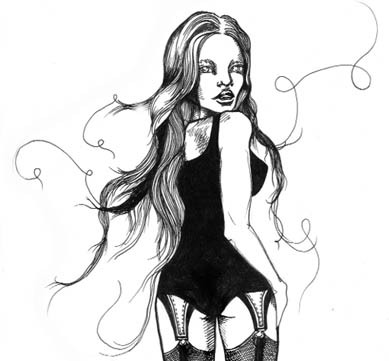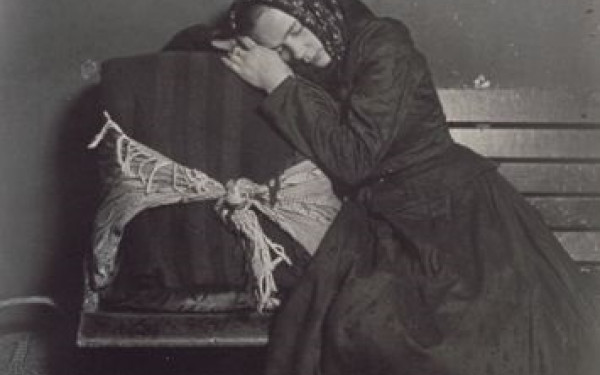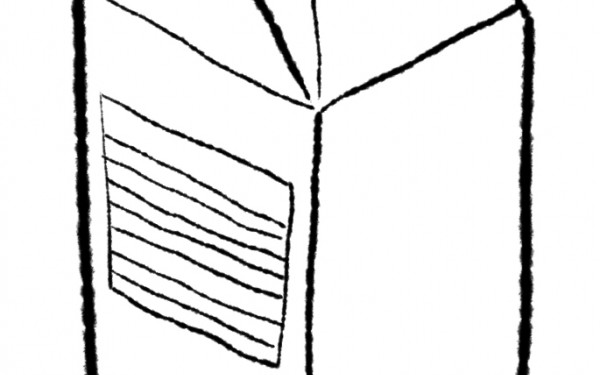A Surfeit of Riches
Axtell’s Kore of the Incantation Delights
The beauty of Brooke Elise Axtell’s Kore of the Incantation resides in the tension between burning intensity and fluid grace.
Triple-threat Axtell is an award-winning poet, singer-songwriter and advocate for Rape, Abuse, Incest National Network (RAINN), and as a survivor of rape and abuse, a testament to the phenomenal healing powers of creativity.
At just under 250 pages, her third collection of poetry is relentless, a confidently authored and uncompromising exploration of what Pushcart Prize-nominated poet Karen Subach described as “woman emerging from stasis into true self.”
It is an incredibly, often distressingly personal trajectory of self-discovery, and Axtell exposes without shame, drawing on the rich mythological, spiritual and historical feminine for sustenance.
From Ancient Greece to dim-lit hotel suites to the border town of Juarez, her verse hungers for life, and her voice refuses to be stilled in its many incarnations. And if the writing is varied, nowhere is it more so, and more appealing, than in that plural voice; her tone vacillates between the extremes—coy here, scraped off the bottom of an ashtray there, at times peacockish and at others deceptively simple.
Her writing is sexy and unabashed, violent and effective—a lovely, if sometimes vulgar, untamed creature. Far from denying the highly sexualized wild-woman archetypes, her poems are an embodied repossession of them, at once hyperconscious of the male gaze and emboldened by it.
In “Beautifully Useless” she writes, “i have learned that a woman cannot be/too fierce or too tender./i dare to dip my brush into every rich hue of my palette.” No colour is spared. Indeed, Axtell’s poetry uses colour sensually, and often to disquieting effect, particularly in “Border Girls,” with its delicious language drawing the horror of its subject taut: “foreplay in the desert/(purpling with her molasses)/the murdered body swells. she devours herself/from the inside out, pink snake feeding/on its own tail./[…] the fingernails remember./the remembering: black […].”
Reader beware: poets may not be able to help the pangs of jealousy that will surface when they come across words they wish they’d come up with first, be it a particularly striking metaphor, or an unlikely and arresting composite of images.With contemporary poetry trending towards an increasingly subtle aesthetic, Axtell’s language is by comparison luscious, her poems saturated with rich, inventive verse. She luxuriates unabashedly in conjuring detailed images—the more dramatic, the better—and weaves them together without concern for metaphorical continuity.
In “Bitch,” she writes, “she roams the bleak streets in orphan clothes/praying the stars will turn to bones & bury themselves/in the pink graveyard of her jaw./[…] yet she remains as irresistible/as a brown sugar skin woman fingering a pomegranate./she is rabid for the fresh bread of your neck […]”
In the same instance of wanting to propound the benefit of a metaphorical conceit, it is hard not to find oneself charmed by her overflowing verse; it calls to mind the famous words of another siren, Mae West: “Too much of a good thing can be
wonderful.”




_600_375_s_c1.png)

_600_375_90_s_c1.jpg)
